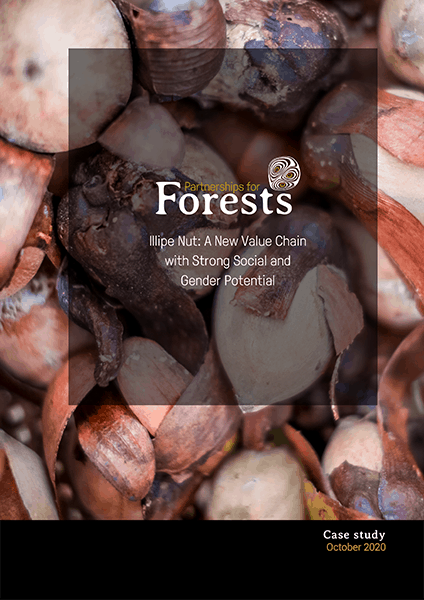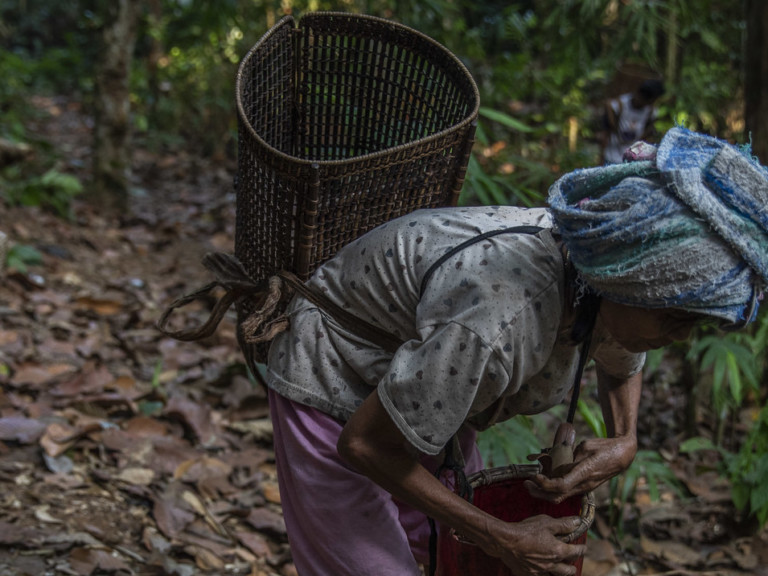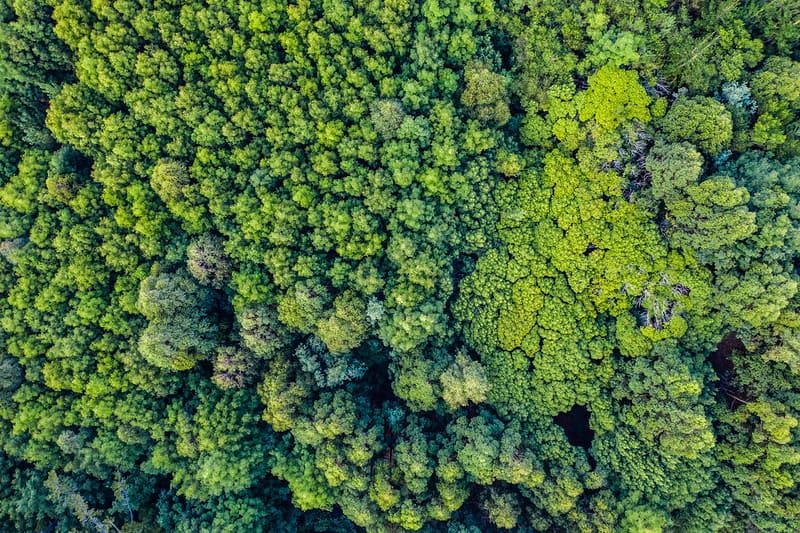Non-timber forest products play a crucial role in the rural livelihoods of indigenous groups. However, the lack of access to a well-established market and supply chain can make it difficult for people to make decent incomes. Supported by Partnerships for Forests, ethical commodity producer Forestwise, is developing a market for illipe butter to unlock the potential commercial value of illipe nut and support communities in West Kalimantan. Improved processing techniques and Forestwise’s new facility close to local and native Dayak communities has improved economic and health prospects for many, particularly the women in the supply chain.
This case study highlights the benefits that sustainable and robust market access can play for improving the incomes of forest-dependent communities and the different gender roles in the value chain. It explores how Partnerships for Forests has supported Forestwise to date, and the impacts this is having on community members. It details what the value chain looked like before and after Partnerships for Forests’ intervention, three social and environmental changes the enterprise has brought to the community, and recommendations for other local enterprises can improve the level of gender equality within their business.



